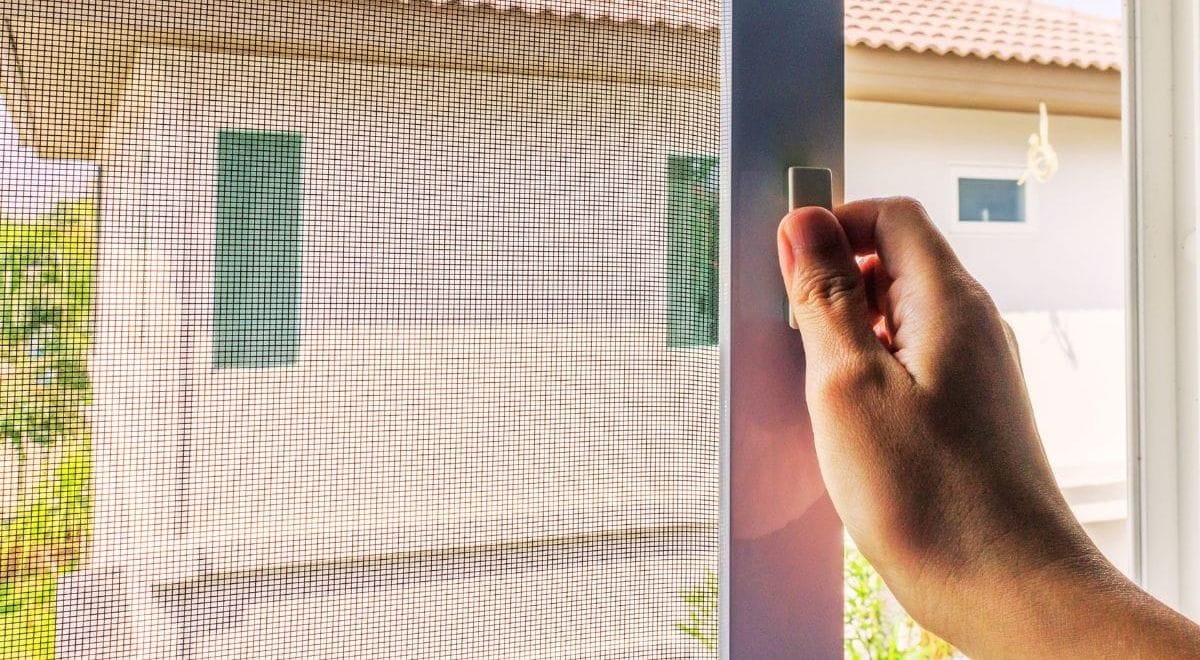Does a Mosquito Net Block Air? Unmasking the Myth and Maximizing Mosquito Protection
A mosquito's buzz can ruin a quiet night. Is the trusted mosquito net an air blocker too? Find out the answer in our guide.

The buzzing symphony of a mosquito can turn a peaceful night into a maddening battle. Grabbing the trusty mosquito net seems like a no-brainer, but a lingering question arises: does a mosquito net block air?
The answer, like most things in life, isn't a simple yes or no. Let's delve deeper into the world of mosquito nets and their relationship with air circulation, ensuring you sleep soundly without compromising your comfort.
The Science Behind the Mesh:
Mosquito nets are woven with tiny holes, preventing those pesky insects from entering your sanctuary. But these holes, while small enough to deter mosquitos, can also raise concerns about airflow.
The extent to which a mosquito net blocks air depends on several factors:
- Mesh size: Finer meshes with smaller holes offer better mosquito protection but restrict airflow more.
- Material: Polyester nets tend to be less breathable than treated cotton or natural fiber nets.
- Weaving pattern: A looser weave allows for better air circulation while maintaining pest control.
The Balancing Act: Protection vs. Ventilation:
Studies have shown that while mosquito nets do impede airflow to some degree, the decrease is often minimal and unlikely to cause significant discomfort. A 2018 study published in the Journal of Medical Entomology found that the temperature inside a treated polyester net was only about 0.5°C (0.9°F) higher than outside.
However, it's important to consider individual factors:
- Climate: In hot and humid environments, even a slight reduction in airflow can make a difference. Opting for nets with larger mesh sizes or natural fibers can be beneficial.
- Number of occupants: More people under a net means more body heat and potentially increased discomfort. Ensure proper ventilation in the room to compensate.
- Personal preference: Some people are simply more sensitive to airflow than others. Experiment with different net types to find one that strikes the right balance for you.
Tips for Maximizing Airflow and Comfort:
- Choose wisely: Select a net with a mesh size and material that prioritizes both protection and breathability.
- Position strategically: Avoid draping the net tightly against your skin. Leaving some space for air to circulate is key.
- Embrace the breeze: Use fans or open windows to create gentle air movement within the room.
- Consider alternatives: In very hot climates, mosquito-treated curtains or bed tents might offer better ventilation while maintaining protection.
Remember: Mosquito nets are a crucial tool in preventing mosquito-borne diseases like malaria and dengue fever. While they may slightly reduce airflow, the health benefits far outweigh the minor discomfort. By choosing the right net and implementing simple ventilation strategies, you can enjoy a peaceful night's sleep, free from both mosquitos and stuffiness.
Don't let the fear of blocked air stop you from using a mosquito net. With careful selection and a few handy tips, you can create a safe and comfortable haven for yourself and your loved ones. Visit HomeTriangle today to explore our wide range of mosquito nets and find the perfect one for your needs!




Comments ()